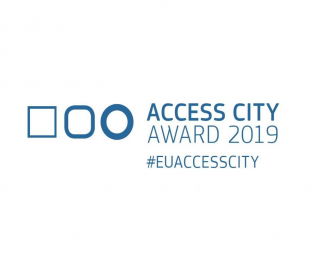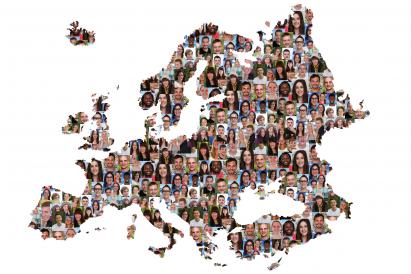Health in Public Spaces: The challenge of inactive citizens for cities
One of the main challenges for cities in the coming decade is how to make their citizens become physically active again.
Physical inactivity and sedentary lifestyles have become a leading risk factor for health. Cities are affected by the dramatic increase in the frequency of chronic diseases related to physical inactivity amongst their citizens. These chronicle diseases like coronary heart and respiratory diseases, colon cancer and obesity are resulting in high and early morbidity, loneliness and social exclusion. Collectively physical inactivity has substantial consequences for direct health-care costs but also causes high indirect costs due to increased periods of sick leave, work disabilities and daily care. With decentralising tendencies of tasks like (un)employment, social care and basic health care from national levels to local levels, cities have become a key player in keeping their citizens active.
This article offers an overview of this challenge advocating this theme as an integrated part of sustainable urban planning in Europe.




















